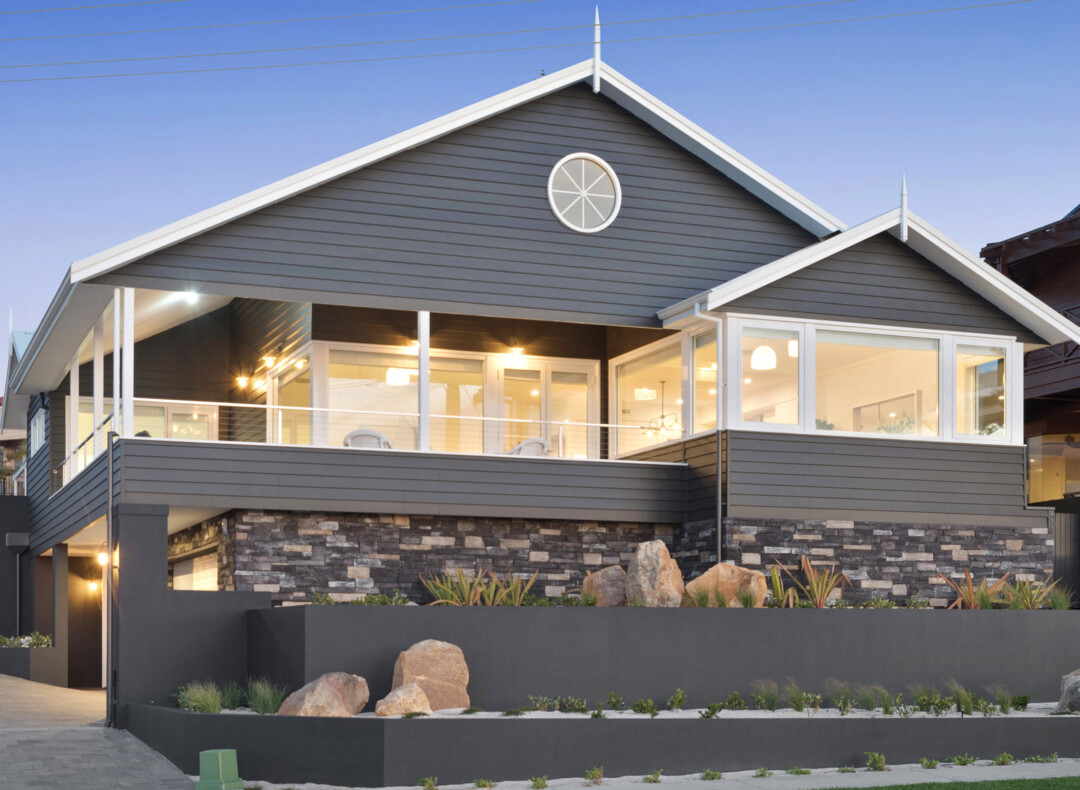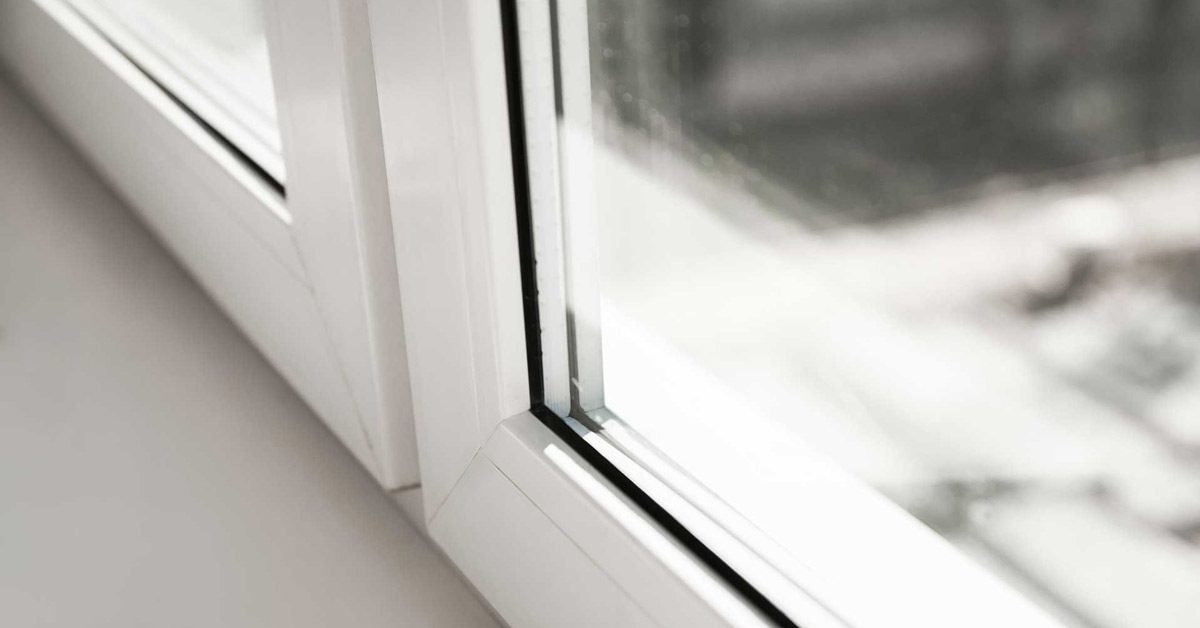All Categories
Featured
Table of Contents
Glazing And Glass Options - Smarter Homes in Wanneroo Western Australia
Glazing just suggests the windows in your house, consisting of both openable and set windows, along with doors with glass and skylights. Glazing really just suggests the glass part, but it is typically utilized to refer to all elements of an assembly consisting of glass, movies, frames and home furnishings. Focusing on all of these aspects will assist you to attain reliable passive style.

Energy-efficient glazing makes your house more comfortable and drastically lowers your energy expenses. Nevertheless, improper or badly developed glazing can be a major source of unwanted heat gain in summertime and substantial heat loss and condensation in winter season. Approximately 87% of a house's heating energy can be gained and as much as 40% lost through windows.
Why Should You Have Double-glazed Windows This Summer? in Caversham Western Australia
Glazing is a substantial investment in the quality of your home. A preliminary investment in energy-efficient windows, skylights and doors can greatly reduce your yearly heating and cooling costs.
This tool compares window choices to a base level aluminium window with 3mm clear glass. Comprehending some of the essential properties of glass will help you to pick the finest glazing for your house. Key residential or commercial properties of glass Source: Adapted from the Australian Window Association The amount of light that travels through the glazing is known as visible light transmittance (VLT) or noticeable transmittance (VT).
Which Type Of Double Glazed Window Frame Is Right For You? in Mahogany Creek Western Australia
This might lead you to turn on lights, which will result in greater energy expenses. Conduction is how readily a material performs heat. This is understood as the U value. The U value for windows (revealed as Uw), describes the conduction of the entire window (glass and frame together). The lower the U value, the higher a window's resistance to heat flow and the much better its insulating worth.
If your house has 70m2 of glazing with aluminium frames and clear glass with a U worth of 6. 2W/m2 C, on a winter's night when it is 15C cooler outside compared with inside, the heat loss through the windows would be: 6. 2 15 70 = 6510W That is equivalent to the overall heat output of a large room gas heating unit or a 6.
Double Glazing Windows - The Best Installers In The Uk ... in Beeliar WA

If you choose a window with half the U value (3. 1W/m2 C) (for example, double glazing with an argon-filled gap and less-conductive frames), you can halve the heat loss: 3. 1 15 70 = 3255W The solar heat gain coefficient (SHGC) for windows (expressed as SHGCw) determines how easily heat from direct sunshine streams through an entire window (glass and frame together).
The lower a window's SHGC, the less solar heat it sends to the home interior. The real SHGC for windows is affected by the angle that solar radiation strikes the glass.
Benefits Of Replacing Double Glazing Windows In The Summer in Queens Park Western Australia
When the sun is perpendicular (at 90) to the glass, it has an angle of occurrence of 0 and the window will experience the maximum possible solar heat gain. The SHGC stated by glazing producers is constantly calculated as having a 0 angle of incidence. As the angle increases, more solar radiation is reflected, and less is transferred.
Latest Posts
Why Is Double Glazing So Important In Winter? in Floreat Western Australia
Pros And Cons Of Argon Gas In Windows in Bedford Perth
Can I Have Double Glazing In A Summerhouse? in Madeley Perth